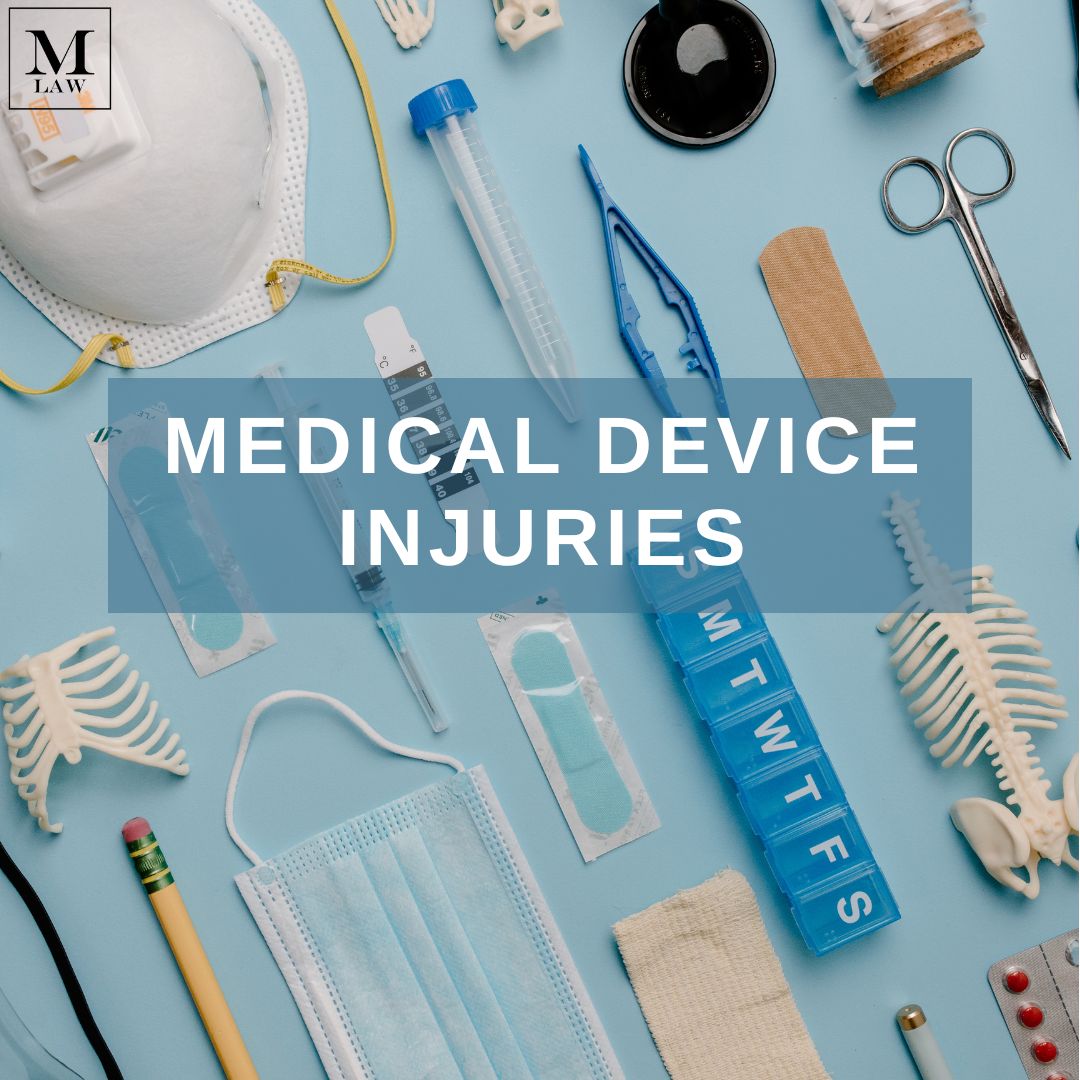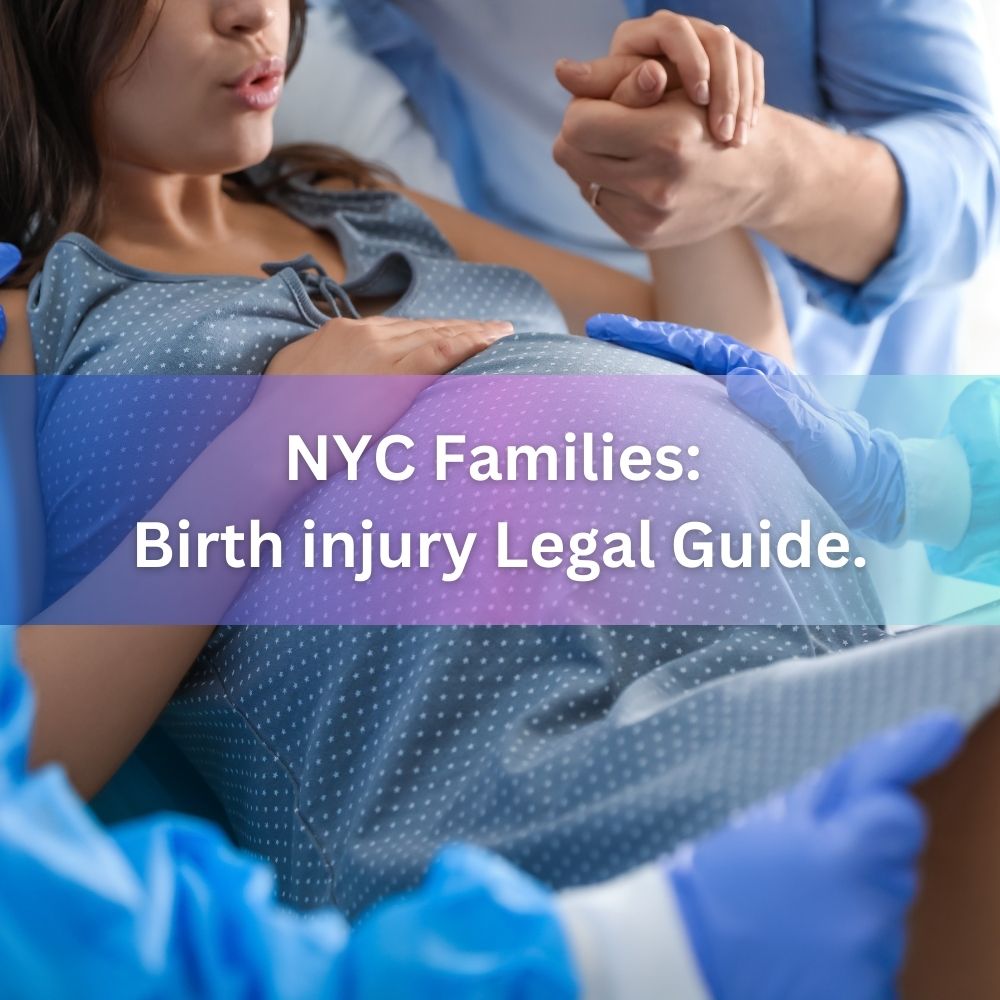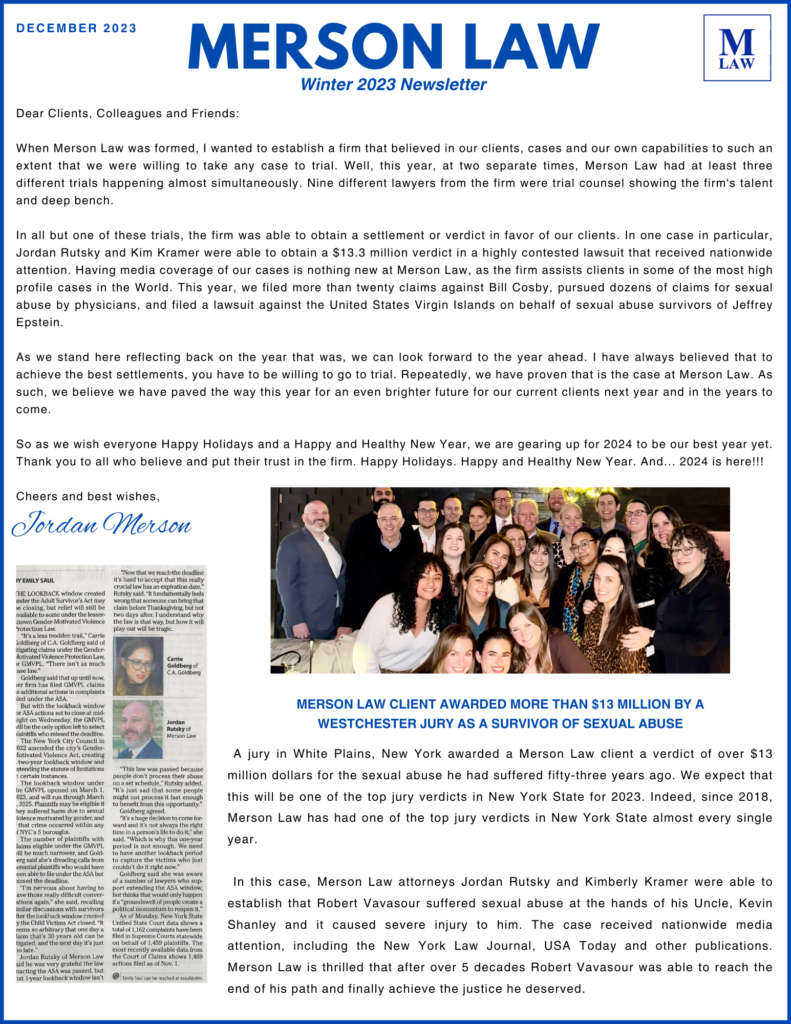Medical devices play a crucial role in healthcare. After all, doctors aren’t Inspector Gadget, and frequently utilize a wide array of medical devices to perform procedures, collect information, and treat their patients. But like any medical intervention, many medical devices carry some risks. Medical device injuries are fairly common, and in this post, we’ll take a look at some of the most frequently seen injuries.
The Top 10 Most Common Medical Device Injuries
Granted, many medical device injuries are minor, or insignificant. A common example of this is if a technician or nurse can’t find a vein and accidentally causes a blown vein – it hurts and it’s not fun, but this minor injury almost never causes major issues beyond mild bruising.
Other medical device injuries are quite the opposite, and can result in serious or catastrophic injuries. The severity of these injuries varies, depending on many factors, but if you suffered from one of the following scenarios, you may be entitled to financial compensation for your injuries.
Read on to learn about these injuries, and to find out how you can pursue a medical malpractice case.
- Surgical and implantation complications: These injuries can occur during or after surgical procedures involving medical devices such as pacemakers, joint replacements, or cardiac stents. Complications may include infections, device migration, or damage to surrounding tissues or organs.
- Infections related to medical devices: Infections can develop when medical devices are implanted or used, such as catheters, artificial joints, or prosthetic devices. These infections can be challenging to treat and may require additional surgeries or prolonged hospital stays.
- Device malfunctions or failures: Medical devices can malfunction or fail due to design defects, manufacturing errors, or inadequate maintenance. This can lead to serious consequences, including device breakage, leakage, loss of function, or incorrect readings.
- Allergic reactions or sensitivities: Some individuals may experience allergic reactions or sensitivities to materials used in medical devices, such as latex or metals. These reactions can cause skin irritation, inflammation, or systemic allergic responses.
- Misdiagnosis or false readings: Diagnostic devices, such as imaging machines, laboratory equipment, or diagnostic tests, may produce inaccurate results, leading to misdiagnosis or delayed treatment.
- Adverse tissue or organ reactions: Certain medical devices, such as implants or prosthetics, may trigger adverse reactions in the surrounding tissues or organs. This can include inflammation, tissue damage, or rejection of the device.
- Radiation-related injuries: Medical devices that use radiation, such as X-ray machines, CT scanners, or radiation therapy devices, carry the risk of overexposure, which can cause burns, radiation sickness, or long-term health complications.
- Electrical shocks or burns: Electrical medical devices, such as defibrillators or electrical stimulators, can cause electric shocks or burns if they malfunction or if there is a failure in the device’s insulation or grounding.
- Complications from prescription and infusion pumps: Errors in programming or operation of prescription or infusion pumps can result in medication overdoses, under-dosing, or incorrect drug administration, leading to adverse effects or complications.
- Device-related user errors: Inadequate training or improper use of medical devices by healthcare providers or patients can contribute to injuries or complications. Examples include errors in device calibration, programming, or maintenance.
Please know that the majority of medical devices function as intended and provide significant benefits to patients. However, the potential for adverse events exists, and healthcare professionals and regulatory bodies continually work to improve device safety and monitor and address any reported issues.
Seek Help From a Medical Malpractice Lawyer
In many instances, injuries happen as a result of improper handling or care of equipment – a form of medical negligence. When a doctor or medical professional fails to uphold these safety standards, they can be held liable for their actions.
If you suffered serious medical device injuries, and you suspect your doctor or staff behaved negligently, contact Merson Law today.
Our medical malpractice lawyers can help you seek compensation for your injuries, at no out of pocket cost to you. Contact us today by calling our office or by filling out the contact form on this page.







